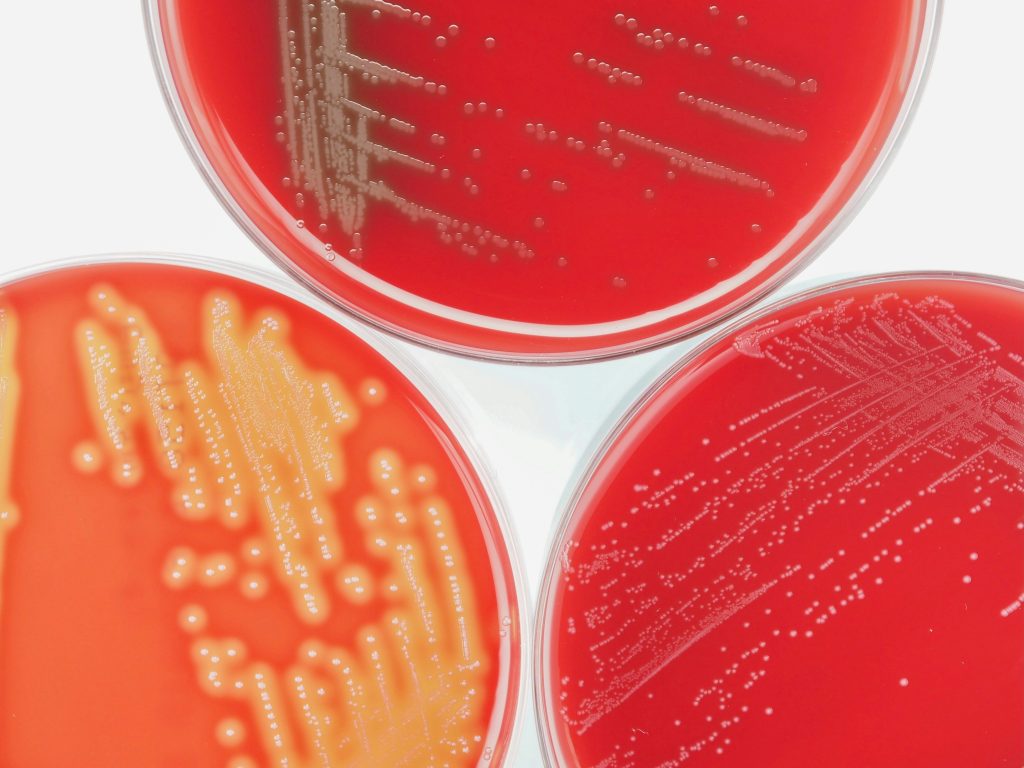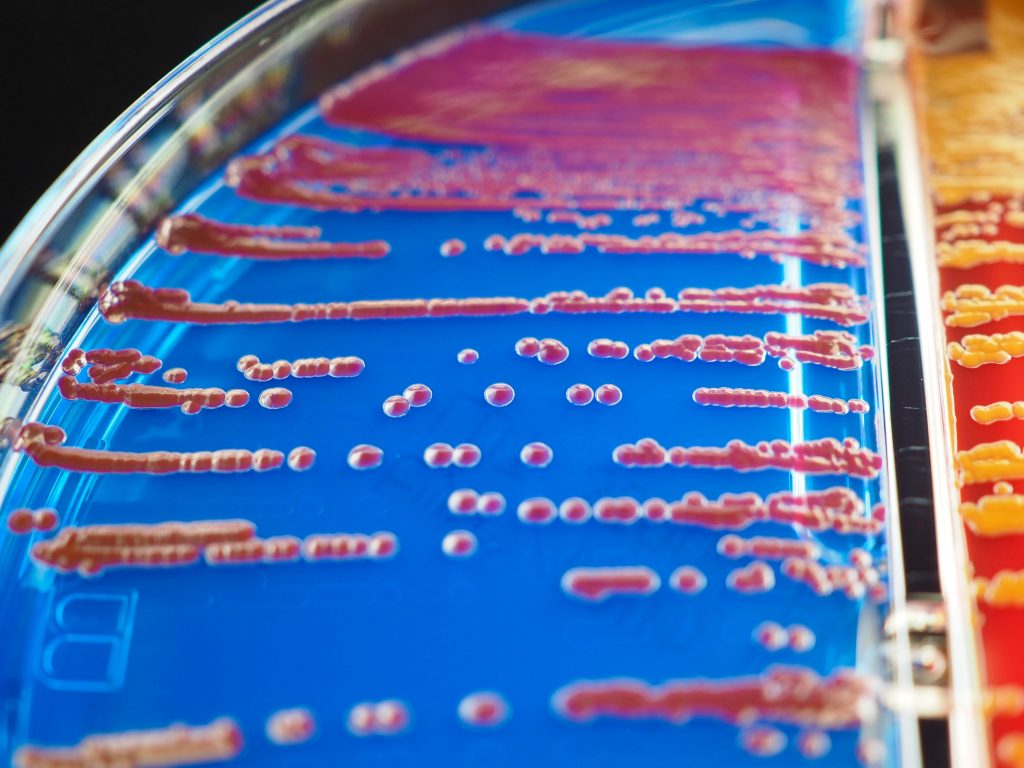Patients with complex and drug-resistant infections often need to be treated with long courses of antibiotics, given intravenously or orally, that can cause side effects and may encourage the development of antimicrobial resistance.
Our research in this area explores the use of implantable materials for the treatment of bone infections, with the aim of reducing the need for prolonged antibiotic treatment, and overcoming a range of resistance mechanisms.

Bone Cements
We are focusing on the management of diabetic foot osteomyelitis; a condition that is challenging to treat with significant morbidity and mortality. Antimicrobial therapy is impacted by reduced vascular perfusion and also antimicrobial resistant organisms.
Using commercially available calcium sulfate based materials we are identifying which antimicrobials can be successfully incorporated into these composites and characterising their long-term antimicrobial and pharmaceutical properties.
Publications
Antimicrobial and pharmaceutical properties of antimicrobial-loaded calcium sulfate composites for resistant Gram-negative diabetic foot osteomyelitis
Poster presentation at the Oxford Bone Infection Conference, Oxford, UK, 23 March 2023.
Admixing Antimicrobials to PMMA Bone Cement in the Treatment of Bone and Joint Infections: Development of Best Practice Recommendations
Poster presentation at the 41st Annual Meeting of the European Bone and Joint Infection Society, Basel, Switzerland, 12-14 October 2023
Impact
By identifying the optimal antimicrobial content and mixing methods for calcium sulfate and PMMA bone cements, our work is already impacting the care of patients in the NHS
Ongoing work
An emerging theme for research for our team, we are building knowledge and expertise in the following areas:
- Identifying which antimicrobials can be successfully added to calcium sulfate, through different mixing methods, maintaining antimicrobial efficacy.
- Developing methods to interrogate the pharmaceutical properties of these composite materials.
- Examining the long-term antimicrobial effects of these composite materials against clinical strains of multi- and extremely-drug resistant bacteria.


Collaborators & Partners
We link with a range of organisations to drive this research forward:
- Biocomposites Ltd (UK)
- Kettering General Hospital NHS Foundation Trust
- University Hospital of Leicester NHS Trust
Research team
Dr Ryan Hamilton
Associate Professor of Antimicrobials & Consultant Pharmacist
Dr Laura Smith
Senior Lecturer in Microbiology
Usman Arshad
Research Assistant
